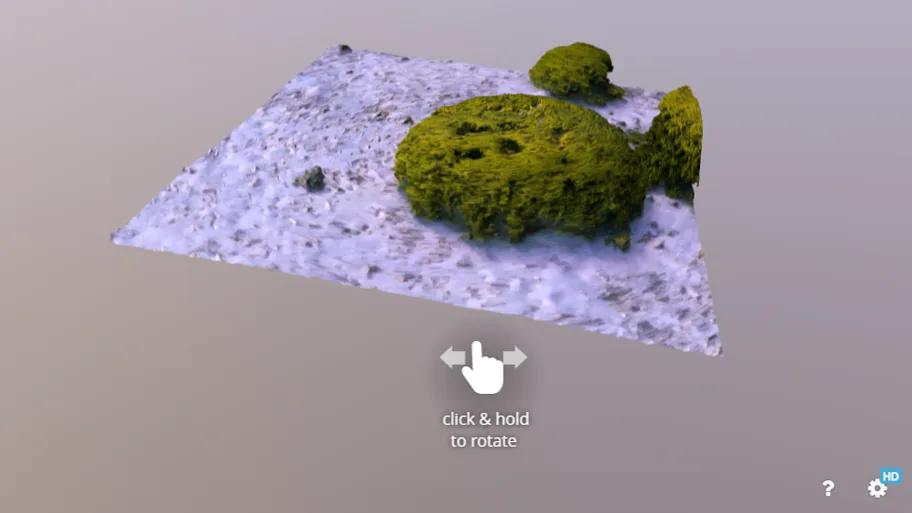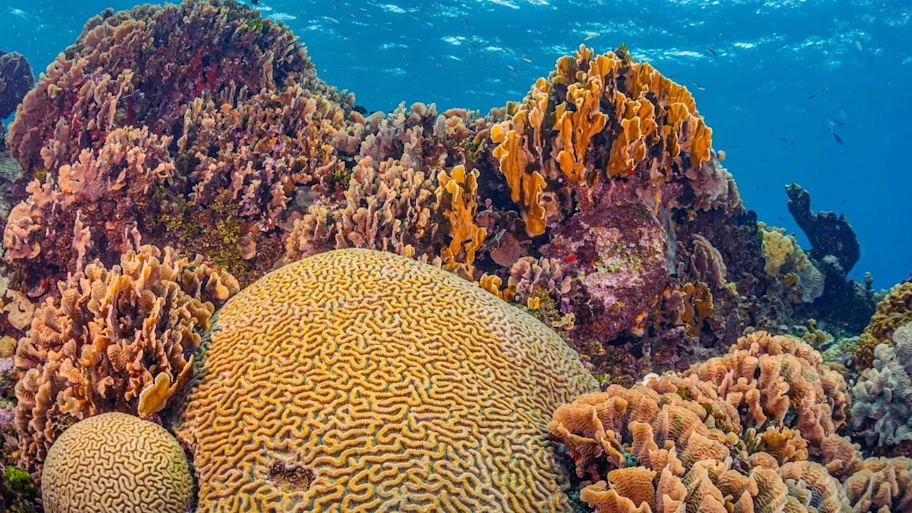
- Science News
- Health
- Exploration of mesophotic coral ecosystems for new medicines
Exploration of mesophotic coral ecosystems for new medicines

The marine environment is a precious common heritage and an incredibly rich source of biological and chemical diversity with wide applications. It is important to develop technologies that help us make use of marine resources sustainably, so they are available for future generations.
Most of what we know about coral reefs comes from exploring shallow seas down to 30 meters in depth, which is the limit for recreational SCUBA diving. This is, however, just the tip of the iceberg. Coral reefs extend as deep as 150 meters in the tropics and with the development of new technologies to go deeper, scientists are beginning to explore ‘Mesophotic Coral Ecosystems’ (MCEs) existing in low light levels, which still allows for photosynthesis.
Since MCEs are almost entirely unexplored, they are a treasure-trove for discovering new species and their associated bioactive chemical compounds. Organisms such as soft corals, sponges, and microbes living on coral reefs naturally produce potent cocktails of chemicals to defend themselves from competitors and harmful microbes in the surrounding water. These compounds can be developed into products with societal value, including new medicines. However, obtaining new chemical compounds from marine resources is not easy.
“While the ocean represents a tremendous source of chemical diversity with an extremely wide range of potential uses, a key challenge is sourcing the compounds in large enough quantities while respecting the marine environment” explains Dr. Jamal Ouazzani, Research Director at the Centre National de la Recherche Scientifique (CNRS), Institut de Chimie des Substances Naturelles.
Dr. Ouazzani and Prof. Yehuda Benayahu (Tel Avv University, Israel) are leaders of the EU-funded Horizon 2020 project TASCMAR, which aims to tackle major bottlenecks in the discovery, development, and commercialization of marine-derived chemical compounds with a specific focus on using new biological and chemical resources from MCEs. The project partners are working on developing innovative technologies for the sustainable cultivation of marine resources, e.g. through the isolation of chemicals in their natural environment without the need to harvest them. The project is specifically looking for new chemical compounds active against age-related illnesses such as Alzheimer’s, Parkinson’s, cancer, and aging diseases related to muscles and skin. They also are focusing on enzymes which break down pollutants in the water, e.g. from pesticides.
As an outlet for disseminating and communicating project results, Dr. Ouazzani, Prof. Benayahu, and Dr. Sergio Rossi (University of Salento, Italy) are organizing a Research Topic in Frontiers in Marine Science: EU Project TASCMAR – A Springboard for Accelerating the Valorization of Mesophotic Coral Ecosystems. The Research Topic aims to bring together international research efforts on MCEs, their biodiversity, the impact of climate change and other human activities on MCEs, and their newly discovered chemical compounds.
The Research Topic will feed into policy recommendations to ensure sustainable and ethical practices for collecting marine resources in previously unexplored areas of the ocean. The TASCMAR team are spreading the important message to the public that “the marine environment is a precious common heritage and an incredibly rich source of biological and chemical diversity with wide applications” says Dr. Ouazzani. The sustainable use and protection of marine resources is essential, so they will be available for future generations.







